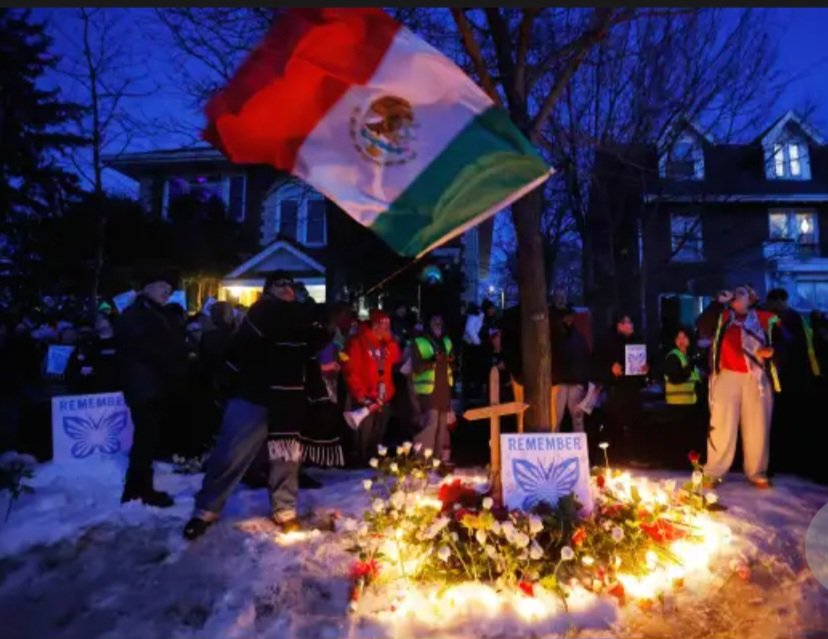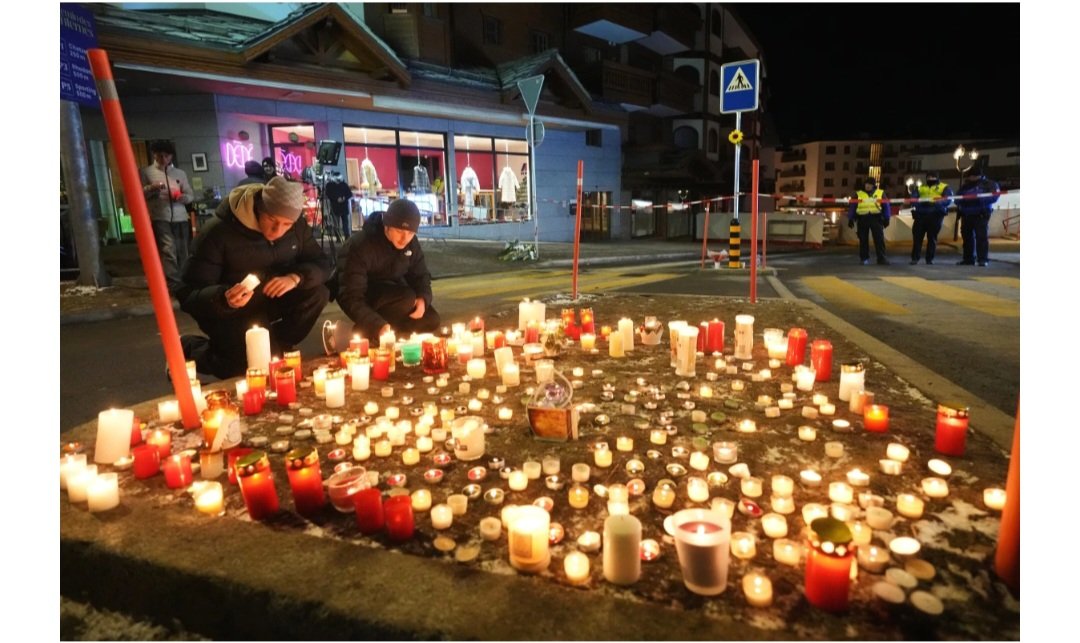
In an unprecedented move, the Rwandan government has shut down more than 5,600 churches across the country in July 2024, after nearly one-third of inspected places of worship failed to meet legal standards. The sweeping crackdown, led by the Rwanda Governance Board (RGB) in collaboration with local authorities, came after a thorough inspection of 13,000 religious institutions, as revealed by RGB Chief Executive Dr. Usta Kaitesi.
According to a report by Kigali-based news site IGIHE, the number of churches closed could be as high as 7,700. Kaitesi explained that the inspection, conducted over a two-week period, uncovered widespread non-compliance with the 2018 law governing religious organizations. Many churches lacked the necessary permits to operate, while others were unable to provide proof of their leaders’ qualifications.
“We gave faith-based organizations ample time to comply with the regulations,” Kaitesi said. “A significant number of the affected churches had minor infractions, which could be rectified, allowing them to have their permits reinstated.” She noted that most of the closed churches were Pentecostal, a denomination that has seen rapid growth in Rwanda over the past decade.
This latest enforcement is part of Rwanda’s ongoing efforts to regulate religious institutions more stringently. The 2018 law requires religious leaders to have formal theological training before operating a church. It also mandates that the RGB inspect the physical safety of church buildings and that these structures be soundproofed to limit noise pollution.
The RGB’s statement on August 1 emphasized the importance of verifying that religious organizations have the appropriate registration documents and collaboration agreements with district authorities. “Relevant authorities will continue to collaborate with religious leaders to promote transformational development while adhering to the laws and regulations governing faith-based organizations and ensuring that prayer houses/buildings meet legal standards,” the statement read.
One of the law’s key components—the education requirement for religious leaders—had a five-year grace period requested by the inter-religious council, which expired in September 2023. Speaking to state media Rwanda TV, Kaitesi underscored the importance of compliance: “There should be an intentional willingness to comply with the law. When we register faith-based organizations, we ask them to provide their structure. The education requirement is primarily targeted at the top personnel in the organizational structure.”
The reaction among Rwanda’s religious leaders has been mixed. Rev. Laurent Mbanda, the archbishop of the Anglican Church of Rwanda, acknowledged that religious organizations were well aware of the regulations. He admitted that the RGB had asked faith-based organizations to provide an update on their compliance last September. “If we had taken the requirements more seriously and taken responsibility, we would have made significant progress in complying with the standards,” Mbanda said.

However, some religious leaders have called for a more nuanced approach to the law’s implementation. Pastor Kabagambe Nziza of New Life Bible Church suggested that the regulations should be tailored to reflect the diverse socio-economic dynamics of the country. “In Kigali, you have neighboring communities that would be affected by the sound coming from a church, but in Kagera, there is a church up in the mountains, so there are no neighboring homes. The congregants don’t have cars or even motorbikes, so the issue of parking should not be a requirement,” Pastor Nziza argued.
The crackdown in Rwanda comes as neighboring Kenya takes steps toward regulating its religious organizations. In August, a presidential task force recommended a hybrid regulation framework, including the formation of a Religious Affairs Commission, a quasi-government body with a mandate similar to Rwanda’s RGB. The move followed the shocking discovery of mass graves suspected to be linked to a religious cult in Kenya’s south coast, sparking a national debate on the need for tighter controls on religious organizations.
Credit: The Christian Post








